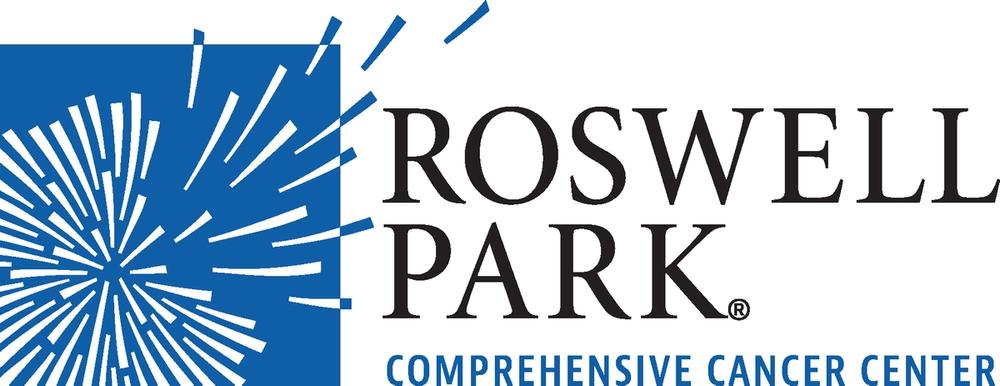
Nurse Takeaways: How to Improve a Patient’s Experience With Sotorasib and Optimize NSCLC Treatment

Oncology nurses present their experiences treating patients with sotorasib in the phase 1/2 CodeBreaK 100 trial and optimal symptom management strategies to improve patient outcomes with the drug.
Nurses are uniquely positioned to optimize clinical benefit with sotorasib (Lumakras) for patients with non–small cell lung cancer through thorough agent education and effective adverse event (AE) support, according to a presentation of the nursing experience in the phase 1/2 CodeBreaK 100 trial (NCT03600883), which was presented at the 47th Annual Oncology Nursing Society Congress.1
Overall, the most effective symptom management in sotorasib will be related to gastrointestinal (GI) TRAEs. Based on the experience of the study authors, nurses can best prevent grade 3/4 adverse events in patients receiving sotorasib by educating them on the use of antidiarrheals, such as loperamide, encouraging them to adhere to a bland diet and increase fluid intake, as well as educate them on the use of antiemetics, such as ondansetron or prochlorperazine. If patients do present with GI tract–related AEs, management should involve coordination across the entire oncology care team and follow the guidance provided in the product package insert.
Furthermore, nurses who encourage patients to proactively communicate safety concerns and review urgent care can help facilitate continued treatment with this novel therapy. In this trial, nurses found that informational handouts and clear instructions to use prophylactic medication at first signs of nausea and diarrhea can be effective in preventing grade 3/4 AEs.
“By helping patients identify and manage AEs, nurses can facilitate continued treatment,” Askia Dozier MS, BSN, RN, CCRC, said in a poster presentation of the findings.
Sotorasib is an oral targeted therapy which functions by inhibiting KRAS G12C. In May 2021, the
Additionally, the median duration of response (DOR) was 12.3 months (95% CI, 7.1-15.0), and 50.6% (95% CI, 37.4%-62.4%) of responders were in response for at least 12 months. The median progression-free survival was 6.3 months (95% CI, 5.3-8.2) and the median OS was 12.5 months (95% CI, 10.0-17.8).3
In the trial, investigators assessed sotorasib orally once daily at 960-mg in 357 patients with KRAS p.G12C– mutant advanced solid tumors. Enrolled patients were heavily pretreated and their diseases had progressed beyond standard therapy. The median age was 63 years (range, 31-96).
Overall, the drug was associated with low-grade, reversible toxicities. The most reported any grade treatment-related AEs (TRAEs) in CodeBreaK 100 included GI tract AEs, including diarrhea (22.4%), nausea (12.0%), and vomiting (5.6%). The median low-grade onset times were 30 days (interquartile range [IQR], 4.0-70.0), 15 (IQR, 3.0-65.0), and 21 (IQR, 9.5-71.0) days; the median grade 3 onset times were 40 days (IQR, 20.5-52.5), 12 (NA), and 11 (NA) days, respectively. Across all GI reactions (n = 120), the median onset time was 13 days (IQR, 3.0-50.5) for all-grade events and 37 days (IQR, 12.0-51.0) for grade 3 incidences (n = 13).
The median TRAE duration for resolved symptoms was 20 days for diarrhea, 12 for nausea, and 2.5 days for vomiting.
Furthermore, among these common GI TREAEs, 1 patient discontinued treatment because of vomiting. No patients needed to discontinue on account of nausea and diarrhea.
Gastrointestinal AEs were primarily low grade; 3.6% were grade 3, and there were no grade 4 or 5 AEs reported.
The sotorasib prescribing information states that treatment should be stopped in the event of grade 3/4 nausea, vomiting, or diarrhea. Following resolution of these AEs, treatment can be resumed at a lower dose. Throughout the trial, treatment-related diarrhea resulted in dose reductions/interruptions in 5.9% of patients, while nausea and vomiting led to 2.5% of 0.8% patients, respectively.
References
- Dozier A, Futzpatrick V, Liu D, Hull J, Varrieur T, McGuire L. Nursing experience with patients receiving sotorasib for KRAS G12C-mutated solid tumors: follow-up from the phase 1/2 CodeBreaK 100 study. Presented at: 47th Annual ONS Congress; April 27-May 1, 2022, Anaheim, CA. Abstract 390.
- FDA approves first targeted therapy for lung cancer mutation previously considered resistant to drug therapy. News release. FDA; May 28, 2021. Accessed April 10, 2022.
https://bit.ly/3c172Ah - Dy GK, Govindan R, Velcheti V, et al. Long-term outcomes with sotorasib in pretreated KRASp.G12C-mutated NSCLC: 2-year analysis of CodeBreaK100. Presented at: 2022 AACR Annual Meeting; April 8-13, 2022, New Orleans, LA. Abstract CT008.
Newsletter
Knowledge is power. Don’t miss the most recent breakthroughs in cancer care.


































